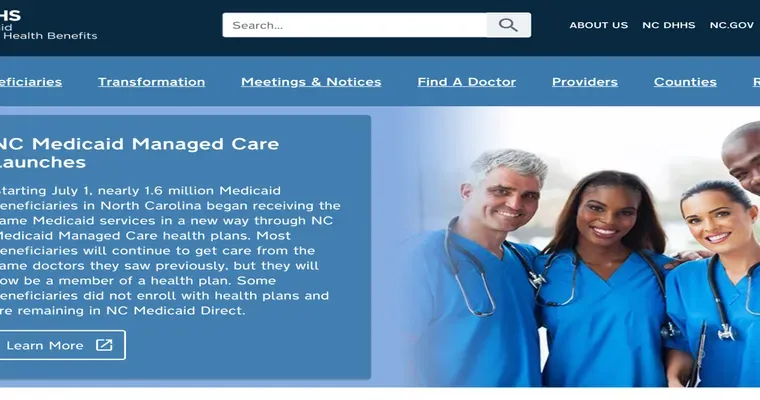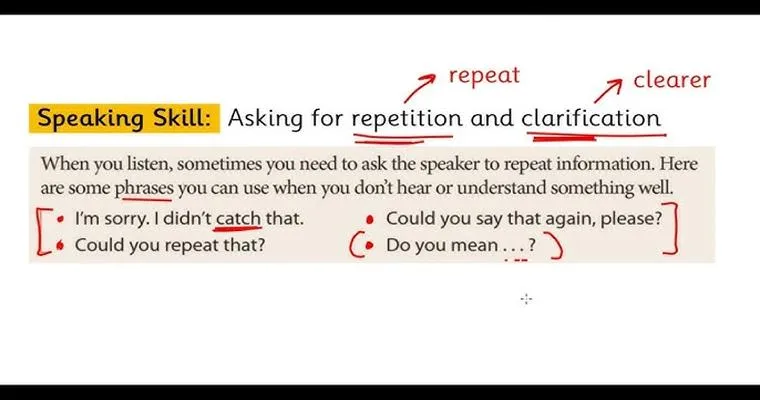Finding "Medicaid Ombudsman services" in your state can be crucial for individuals seeking assistance with their "Medicaid benefits". The Ombudsman plays a vital role in helping beneficiaries navigate the complex health care system and resolve issues related to their coverage. This article will guide you through the steps of locating these essential services in your state.
First, it is important to understand what a "Medicaid Ombudsman" does. An Ombudsman acts as an advocate for Medicaid recipients, providing information, resolving disputes, and ensuring that beneficiaries receive the services they are entitled to under the law. They can help with issues such as denied claims, access to care, and understanding eligibility requirements.
To find Medicaid Ombudsman services in your state, follow these steps:
1. "Visit the official state Medicaid website": Each state has its own Medicaid program, and most have a dedicated website. Start by visiting your state's Medicaid portal, where you can find resources and information about available services, including the Ombudsman.
2. "Contact your state’s Department of Health or Human Services": This department often oversees Medicaid programs and can provide guidance on how to connect with the Ombudsman. Look for a contact number or an email address on their website.
3. "Search for your state’s Medicaid Ombudsman office": Many states have a specific office or division responsible for Ombudsman services. A simple online search with your state name followed by “Medicaid Ombudsman” can lead you directly to the right resources.
4. "Utilize national resources": Websites like the National Association of Medicaid Directors provide links and information about Ombudsman services across the country. These resources can help you understand your rights as a Medicaid beneficiary and direct you to the appropriate state services.
5. "Reach out to local advocacy organizations": Many non-profit organizations focus on health care advocacy and can assist you in finding Medicaid Ombudsman services. These organizations often have experience dealing with Medicaid issues and can provide valuable support.
6. "Check for community resources": Some local community health centers or legal aid offices may also offer assistance or have information about Medicaid Ombudsman services. They can guide you on how to access the help you need.
7. "Ask for recommendations": If you know others who have navigated the Medicaid system, ask them for suggestions on finding Ombudsman services. Personal experiences can often lead you to trustworthy resources.
Remember, knowing your rights and having access to the right information can make a significant difference in your Medicaid experience. By following these steps, you can find the "Medicaid Ombudsman services" in your state and ensure you receive the support you deserve. Whether you are facing challenges with eligibility, benefits, or access to care, the Ombudsman can be a valuable ally in your journey.



